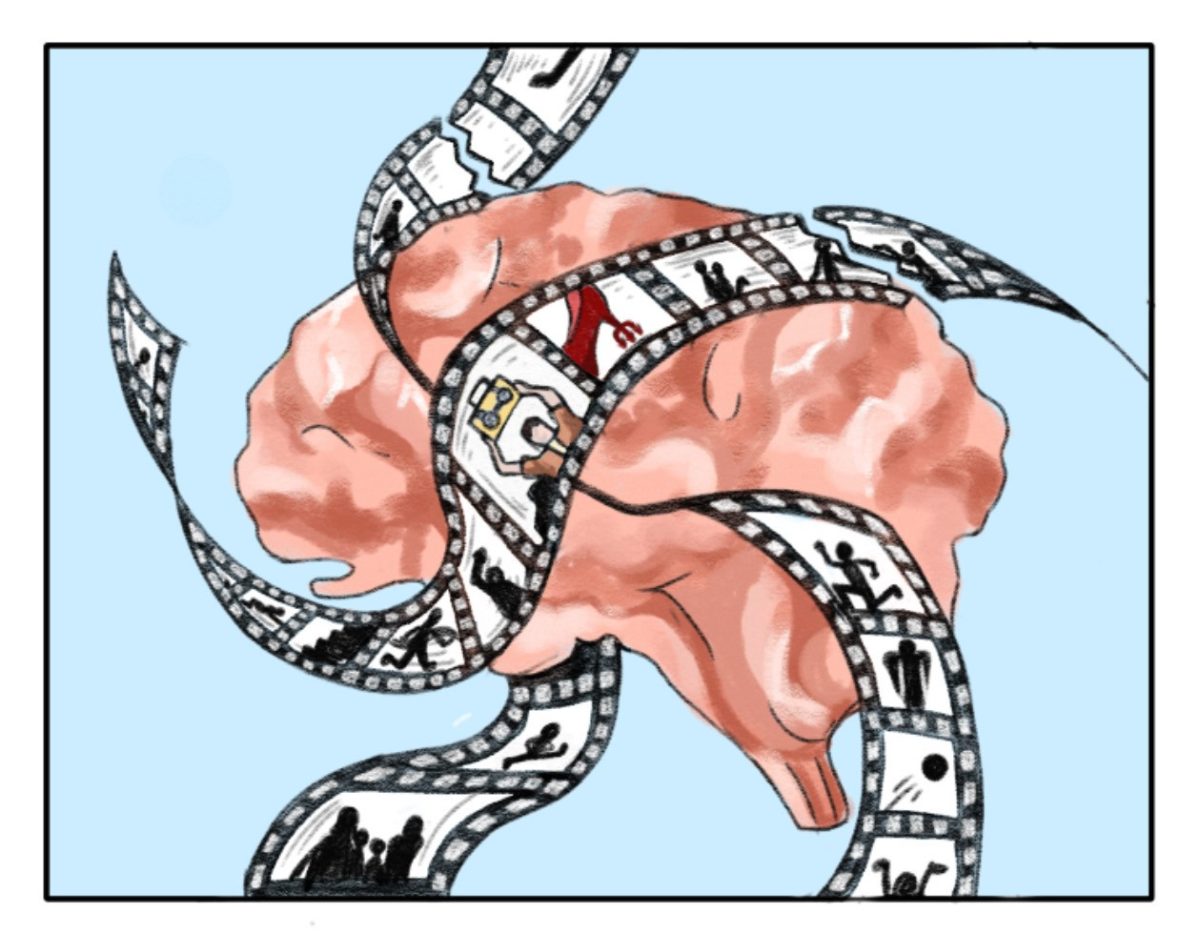By The Editorial Board
In Shakespeare’s Romeo and Juliet, Juliet asks the famous question, “What’s in a name?” Well, Juliet, we have an answer for you: a lot. A name represents a person’s identity, reputation, and character. So what happens when a person’s name disappears? Just look at what happened with Yik Yak.
Yik Yak recently exploded at South, but not for any of the right reasons. Serving as a place for hurtful and inappropriate remarks, Yik Yak turned from bad to worse to horrid very quickly. Comments were made about teachers, students, and races, and many of the comments were explicitly negative. However, Yik Yak is just one example of a greater problem: the effect of anonymity.
There is a term in psychology known as deindividuation, which is the loss of self-awareness or identity in a group setting. Researchers have found that deindividuation almost always results in mean and aggressive behavior. The same results could easily be seen on Yik Yak. But why do we resort to negative behavior when we’re anonymous? While researchers don’t exactly know the answer, we can speculate why Yik Yak devolved into cruelty. Is it because humans are truly malicious inside? Or is it because of the levels of maturity of those posting? It could very well be a mix of both.
When compared to Yik Yak comments made at colleges, South’s comments took a much less mature approach. At colleges such as Princeton and George Washington University, posts were made to promote school events, talk about sports teams, or converse about local and current events. These college-level comments suggest that differences in maturity may have caused the aforementioned problems at South.
But what was the incentive to be so cruel? In addition to the scientific explanation that humans naturally resort to aggression when anonymous, another potential reason is the “likes” system on Yik Yak, which allows people to anonymously like or dislike the post. It may seem that “nice” posts do not get nearly as many likes as “mean” ones, and so the cruel comments are encouraged.
There may be another underlying influence to these rude comments: the power of gossip, especially the nasty kind. Taking a bittersweet look at the situation, Yik Yak served as a unifying force that actually brought South’s students together; all were united in laughing at other people’s expenses. However, this union was for all the wrong reasons, and the situation highlighted the true power of nasty gossip.
Regardless, Yik Yak has illuminated some unfortunate truths about the South community. It has shown us that, sadly, we aren’t all nice and caring individuals and that some of us can be truly cruel. In addition, Yik Yak has shown us that for the most part, we are still young, immature teenagers, and not necessarily the young adults teachers and peers believe that we are.
Fortunately, the Yik Yak yammering died out rapidly, demonstrating that there are more people in this community who are respectful, caring individuals than the comments on Yik Yak indicated. It has also reopened a dialogue about bullying and the power of words. If there’s anything we can learn from this whole scenario, it’s that the phrase “sticks and stones can break my bones, but words will never hurt me,” isn’t so true after all. In fact, words can often be the most powerful and harmful form of bullying, because in the end, the bruises will go away, but the psychological pain of those words won’t.
Categories:
Yikkety-yak, Why Talk Smack?
December 1, 2014
0
Tags:
More to Discover













